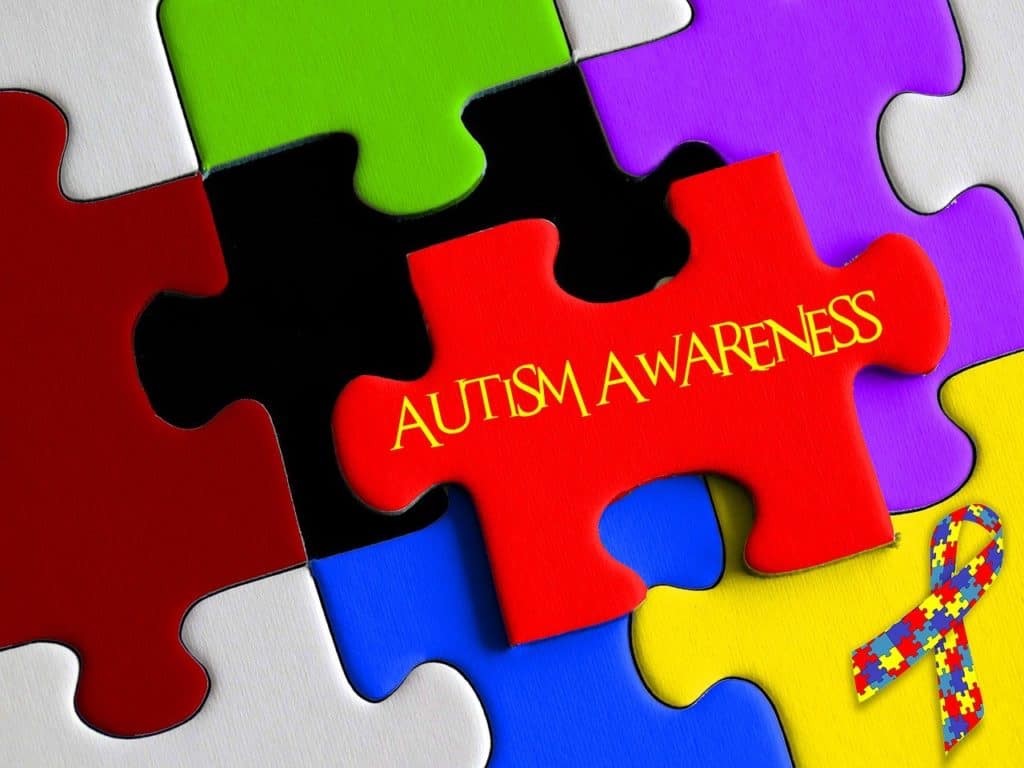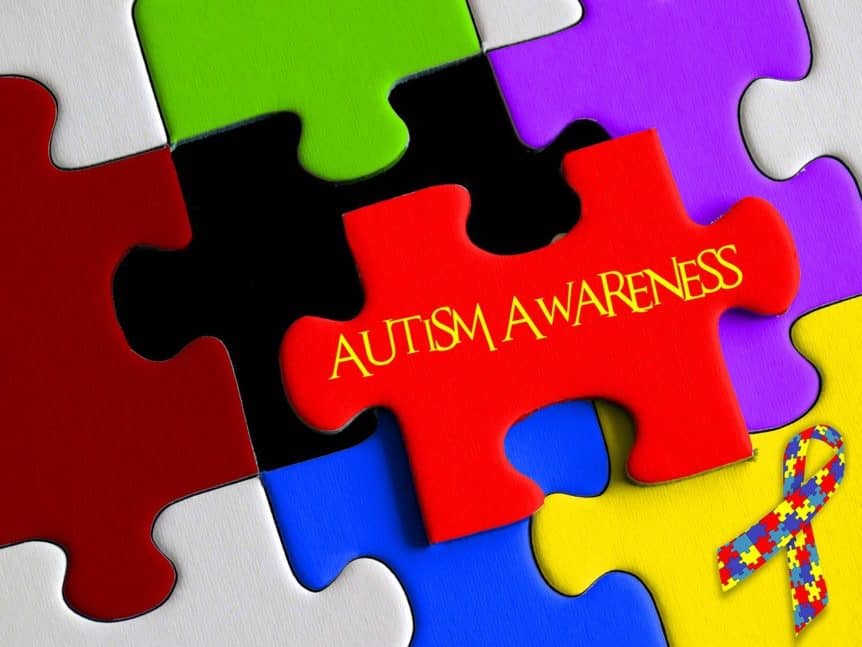
If you’re wondering whether Taekwondo can help a child with autism spectrum disorder (ASD), you’re not alone. Many parents hesitate, unsure if martial arts fits kids who face challenges with communication, social interaction, or repetitive behaviors.
But here’s the good news: Taekwondo isn’t just a martial art—it’s a powerful tool for fostering growth in kids with autism, physically, socially, and mentally. Let’s explore how this Korean martial art can make a difference, backed by research and real-world stories.
What Is Autism Spectrum Disorder?
Autism spectrum disorder is a neurodevelopmental condition that affects how kids communicate, interact, and process the world. The “spectrum” part means every child’s experience is unique—some may struggle with verbal communication, while others might find social settings overwhelming or show repetitive movements like hand-flapping. These differences can make activities like team sports feel daunting. That’s where Taekwondo shines, offering a structured, inclusive environment that meets kids where they are.
Social Growth Through Taekwondo’s Community
Kids with autism often miss out on group activities due to social challenges, which can deepen feelings of isolation. Taekwondo classes flip this script by creating a welcoming, low-pressure space where every child belongs. Unlike team sports that demand constant coordination with others, Taekwondo focuses on individual progress while fostering a sense of family. Dojangs (training halls) often host picnics, movie nights, or belt ceremonies that help kids build friendships naturally.
Take Kieran, a 14-year-old with Asperger’s syndrome, whose confidence doubled after training at a Worcestershire dojang. His mom, Vickie, noted that the routine and respect he found in class helped him manage sensory challenges and connect with peers outside school. Stories like Kieran’s show how Taekwondo’s emphasis on courtesy and integrity builds social skills that carry into everyday life. Kids learn to bow, say “yes, ma’am” or “sir,” and work alongside others, gaining confidence that helps them navigate social settings with ease.
Boosting Mental Focus and Emotional Well-Being
Taekwondo’s structured routines, like poomsae (patterned movements), are a perfect match for kids with autism. These repetitive sequences might seem like they’d reinforce stereotyped behaviors, but research suggests otherwise. A 2012 study in Iran found that martial arts training reduced repetitive movements in kids with ASD, with benefits lasting a month after classes ended. Why? The deliberate, controlled patterns in Taekwondo channel energy into purposeful movement, promoting emotional stability and focus.
Beyond calming repetitive behaviors, Taekwondo sharpens executive functioning—skills like impulse control and problem-solving that are often challenging for kids with autism. A 2020 study showed that martial arts improved these cognitive abilities in boys with ASD, helping them stay present and tackle tasks. Plus, the physical exertion can improve sleep, a common struggle for up to 80% of kids with autism. Better sleep means less hyperactivity and improved behavior during the day, making Taekwondo a win for both kids and parents.
Physical Benefits: From Balance to Motor Skills
While social challenges get the most attention, kids with autism often face physical hurdles like poor balance, motor planning, or coordination. Taekwondo tackles these head-on. A 2016 study found that an 8-week Taekwondo program significantly improved single-leg balance in children with ASD, especially in challenging conditions like standing with eyes closed. This matters because better balance reduces fall risks and opens doors to more physical activities.
Motor planning—thinking through and executing actions like kicking a ball—can be tough for kids with autism. Taekwondo’s focus on basic skills levels the playing field. Whether it’s practicing a front kick or a block, every student starts from scratch, allowing kids with autism to progress at their own pace. These repetitive drills build muscle memory and coordination, skills that translate to daily tasks like climbing stairs or tying shoes. Plus, the sensory input from jumping, kicking, or sparring helps regulate sensory-seeking behaviors, making classes both fun and therapeutic.
Taekwondo vs. Other Activities: A Comparison
To understand Taekwondo’s unique value, let’s compare it to other activities often recommended for kids with autism. The table below highlights how Taekwondo stacks up against swimming, yoga, and team sports like soccer, based on key benefits.
| Activity | Social Skills | Physical Benefits | Mental Focus | Inclusivity |
|---|---|---|---|---|
| Taekwondo | High (group classes, events) | Balance, coordination, motor planning | High (poomsae, executive functioning) | High (adaptive teaching) |
| Swimming | Moderate (group lessons) | Coordination, stamina | Moderate (stroke focus) | High (individual pace) |
| Yoga | Low (individual focus) | Flexibility, balance | High (mindfulness) | Moderate (less social) |
| Soccer | High (team dynamics) | Coordination, endurance | Low (fast-paced) | Low (team pressure) |
Taekwondo stands out for its balance of social, physical, and mental benefits, especially in inclusive settings with trained instructors. Unlike team sports, it avoids overwhelming group dynamics, and compared to yoga, it offers more social interaction.
Overcoming Challenges in Taekwondo
Taekwondo isn’t without challenges for kids with autism. Noisy dojangs or complex sparring can trigger sensory overload or confusion, especially for those with multitasking difficulties. But experienced instructors make all the difference. Many dojangs, like Autisme Karaté in Montreal, adapt classes by breaking tasks into small steps, using visual cues, or offering one-on-one support. Consistency is key—while starting may be tough, sticking with it builds comfort and progress, as seen in students who’ve reached black belt status despite initial hurdles.
Real Stories, Real Impact
I’ve seen firsthand how Taekwondo transforms kids with autism. One student, diagnosed at age five, struggled with coordination and following instructions. After years of training, he earned a black belt and now teaches younger kids, radiating confidence. Stories like his aren’t rare—parents often report better grades, calmer behavior at home, and new friendships sparked in the dojang. It takes patience, a supportive instructor, and family commitment, but the payoff is life-changing.
Ready to Give Taekwondo a Try?
Taekwondo offers kids with autism a chance to grow stronger, more confident, and more connected. It’s not a cure, but it’s a powerful way to unlock their potential. If you’re curious about how Taekwondo can help your child, reach out to your local dojang for a trial class.

